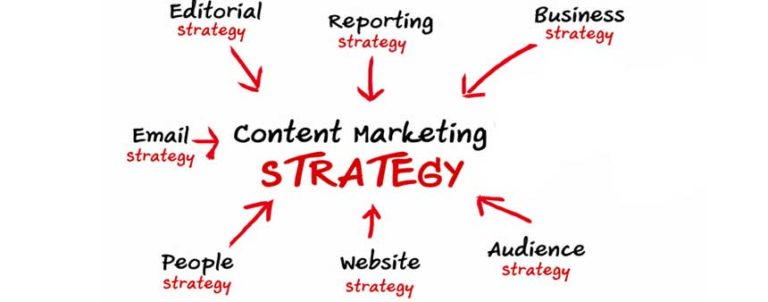The 3 Most Common Things Poor Business Blogs Lack
Your business blog is an excellent outlet for broadcasting your brand’s voice. A well-written blog can yield some healthy engagement from your users, and can act as an anchor for your content marketing strategy. But that doesn’t mean that blogging success is a given. Creating a blog can be easier said than done, and there are certain things that you must do extremely well to see success. It’s easy to slap some posts on the blog, and then wait and hope for the best. We don’t subscribe to that way of thinking, as you’re only setting yourself up for disappointment. Poor business blogs have several common attributes, and if you know what they are and how to avoid them, then you stand a much better chance at separating your blog the pack of your competitors.
So, what do bad business blogs lack?
- Their blog lacks frequency
How often are you publishing new posts? Is your schedule dependable, or is it sporadic? If you are not posting with strong frequency, or if you publish only whenever you feel like it, your audience will waver. They won’t know when to expect posts from you or how often you post. When that’s the case, can you really expect them to be loyal readers if they’re not sure when to expect a new post from you?
How to form a dependable schedule? Use an editorial calendar and stick to it. An editorial calendar will help to organize your schedule, and will help to get your readers to get comfortable with your posting frequency.
- Their voice lacks consistency
On many business blogs, you’ll see many different contributors, and all of them are usually from the same company. The person in charge of the blog will ask various team members from the company to contribute posts. This can be a very good thing if done well because:
- It fills out your business blog. Instead of struggling to produce content from 1-2 writers, you’ll have a host of different contributors with unique perspective. It can keep things fresh.
- If the team writes well, you don’t have to employ freelance writers who may know nothing about your business (this can also possibly save you money).
- Because you have multiple authors, you will always have content being created. This makes your blog easier to scale up.
That being said, there are some issues with this approach.
- Not everyone can write well. You may have awesome contributors who know your business from head-to-toe, but if they can’t write well, then that knowledge will be ineffective.
- When you have so many different authors, it’s hard to keep a consistent voice. If you have 10 team members who are contributing content, and all of them are sort of doing their own thing, then the brand voice will be dissonant. It’s like having a choir that isn’t in tune with each other.
You don’t want dissonance. You want a melody. This takes organization and collaboration. From the start, you need to ask what people in your company actually want to contribute, as forcing them to contribute if they aren’t confident in their writing abilities is never a good idea. Then cue them into your vision for the blog, the style you want to employ, posting schedule, etc. Make sure that every contributor knows what you’re looking for. If you can, create a style guide for your writers that instructs them on the manner that you want the content created.
Some business owners think it’s enough to throw some filler content on their blogs, share it on social media, and then visitors will come flooding in. Sorry to say it, but that won’t be enough. Each post needs to be written with substance and detail. Almost every successful blog stands on the shoulders of quality. Using content mills or subpar writers who don’t care about the quality will only tarnish the integrity of your blog. Is it easier to just put fluff on the blog? Of course. Is it better to take the time and craft content with actual meaning, substance and value behind it? Ask any owner of a successful blog, and their answer will be, “Yes”.
Conclusion
Avoid these common blogging traps, and you’ll find success. Post frequently, keep the voice consistent, and back up the content with quality.
Are you ready to discuss your next project with the leader in website design and marketing? If so, contact Zen Agency today! We are a group of experts!



















